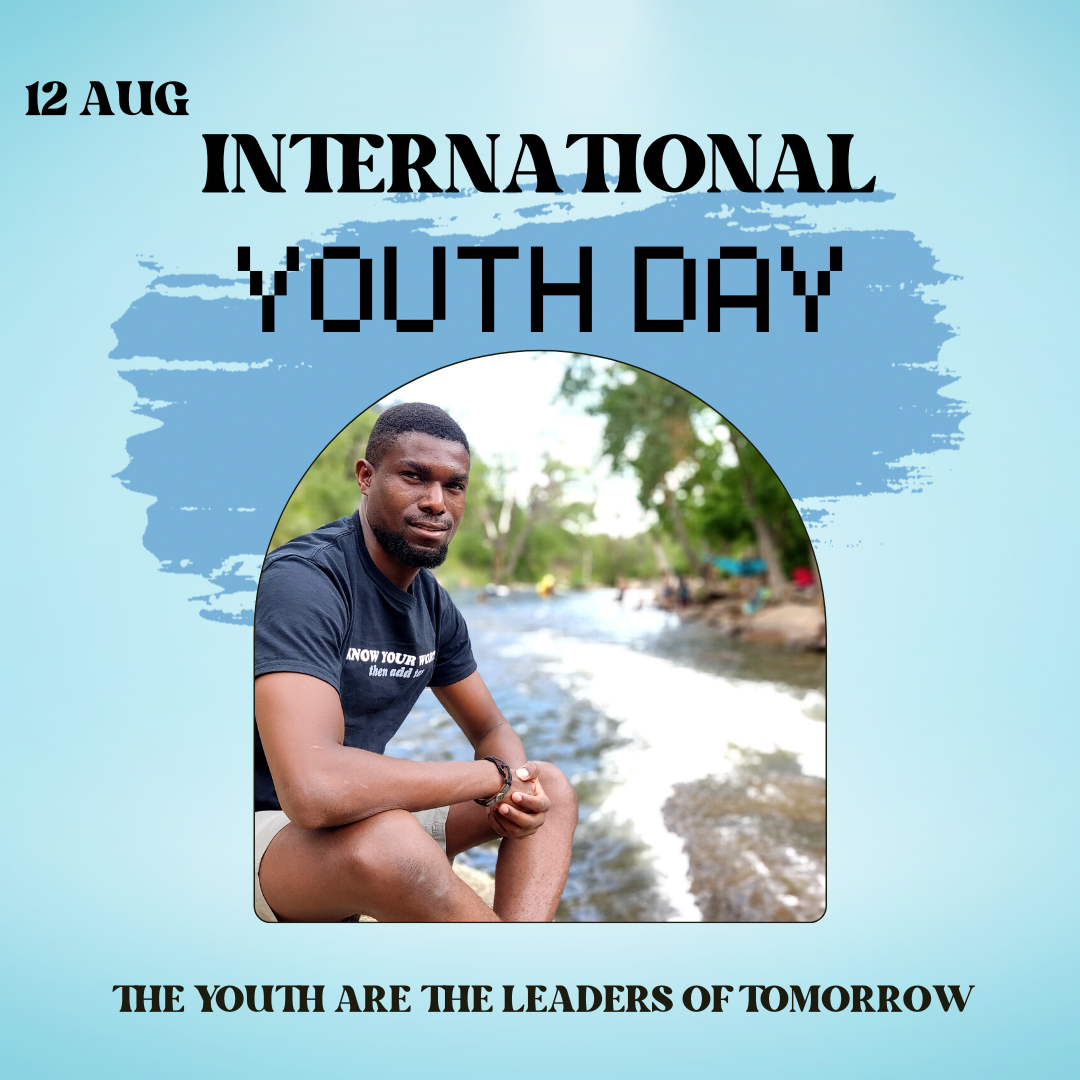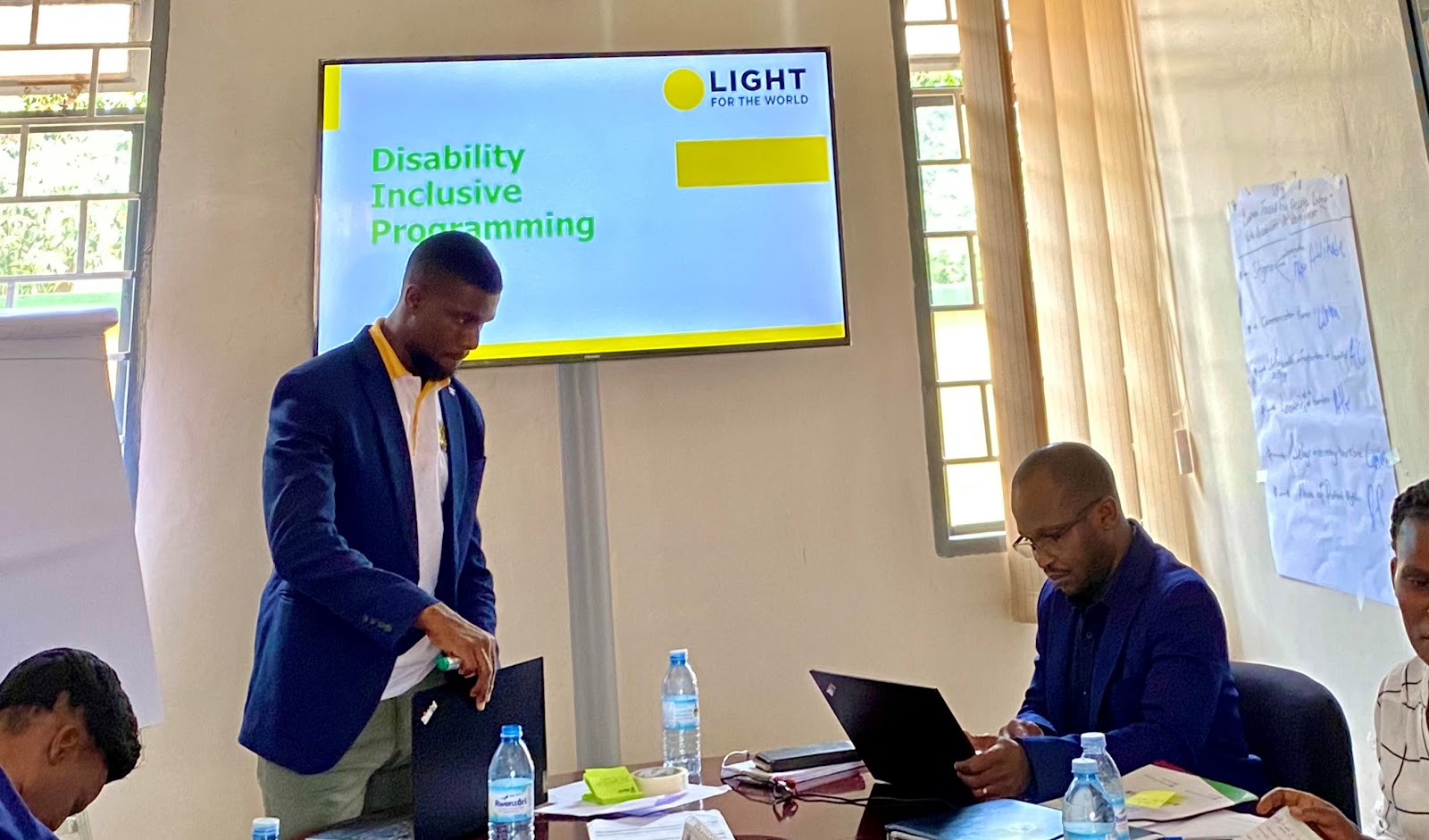Youths Today are Living In a Culture of Unfinished and Never-Realized Dreams
The rights and freedoms young people have today been fought for by the old advocates, "We worked tirelessly to help create the change which you’re now taking for granted!”. As a young disability rights advocates, I have heard this statement a thousand times and probably you too, Every time we try to be innovative amidst our predecessors.
One of the great challenges
facing the globe today is the aging population of old activists who do not want
young people to take over and solve their unique challenges. The older
generation hasn’t mastered the secret of coming an end with a sense of
accomplishment, which is why youths today are living in a culture of
unfinished, incomplete, and never-realized dreams. Because the old generation
has not yet realized how to start something and end it well.
So, much as this article is a wakeup
call for young people with disabilities, and the youths, its words offer
something to the old generation, as well.
In a relay race, there is a
critical moment when the baton must get passed from one runner to the next.
It’s a short window of opportunity, if you run well and handle the baton to the
next runner you may win as a team. But there are also lots of ways things can
go wrong. For example, if you drop the baton, you will be disqualified. If you
run out of your lane during the baton pass, you will be disqualified. If you
run out of the takeover zone without changing the baton, you will be
disqualified. if you cross the finish line without the baton, you will be
disqualified. The old generation of activist must understand these rules.
There isn’t much room for error especially
in this twenty first century where everything is changing first. Every step must
be timed perfectly, and each move must synchronize perfectly with the other
runners. The old generation must realize that there are some important things they
need to pass on to the next generation of activists to carry on and build on
the good work that they started.
Every era comes with its unique challenges,
so much as the needs of human beings may be Universal, nonetheless they are not
homogeneous when it comes to age. Yes, they may complement one another, But Society
must realize that young and old people are two separate groups of people in
society that differ in their behavior, their likes, dislikes, and their nature differ
differently as they evolve.
My main concern is not to be segregate
people by age. I believe it’s important for all ages to interact on a day-to-day
basis. It gives everyone a much richer and broader experience and hopefully
removes the labelling of people as ‘elderly’ or ‘past it’ and the
self-fulfilling behaviors that are often generated by this.
Recently In my profession as a Disability
inclusion Advisor undertaking an international fellowship in the city of Denver Colorado. I took time to visit the Atlantis Disability
Museum and read about what the old generation of disability Advocates did in time and explored some of the strategies they used to bring about the rights and freedoms that
young people with disabilities enjoy as of today.
Many battles, many policies, and
a lot of people who cared made all this possible in the early 1970. starting in
the United States with the Rehabilitation Act of 1973 which had a very positive
impact on millions of people with disabilities. However, it’s more common in
relation to accessing a physical space. For example, a wheelchair ramp, large
bathroom stalls with rails and alleviating negative perceptions towards PWDs.
This was all good for that time and it’s still appreciated. But since internet use is spreading like wildfire, young people especially those with disabilities are still understandably frustrated when they couldn’t access the content on the web. The fact is that their need for digital accessibility is growing and it’s not soon going away. And this need can only be solved by young people.
Young people are now looking forward
to creating a world where the blind can snowboard and the deaf can “hear”
music. Where a kid who can only move his thumb. Can experience and navigate social media
platforms, put an end to excess production of greenhouse gasses and put an end
to segregation of minorities.
Now is the time for forward-thinking young leaders
to assess their digital assets and ask themselves if they want to be leading
the charge to the future or scrambling to catch up. Don’t get left behind! Dear
Youth Get up and soar high for a better tomorrow.
As Jesus handed the baton to His disciples, to run a good race. The same way should the old generation pass the baton to the next generation to solve their unique needs.
By : Godfrey Nanyenya
Disability Inclusion Specialist




Comments
Post a Comment